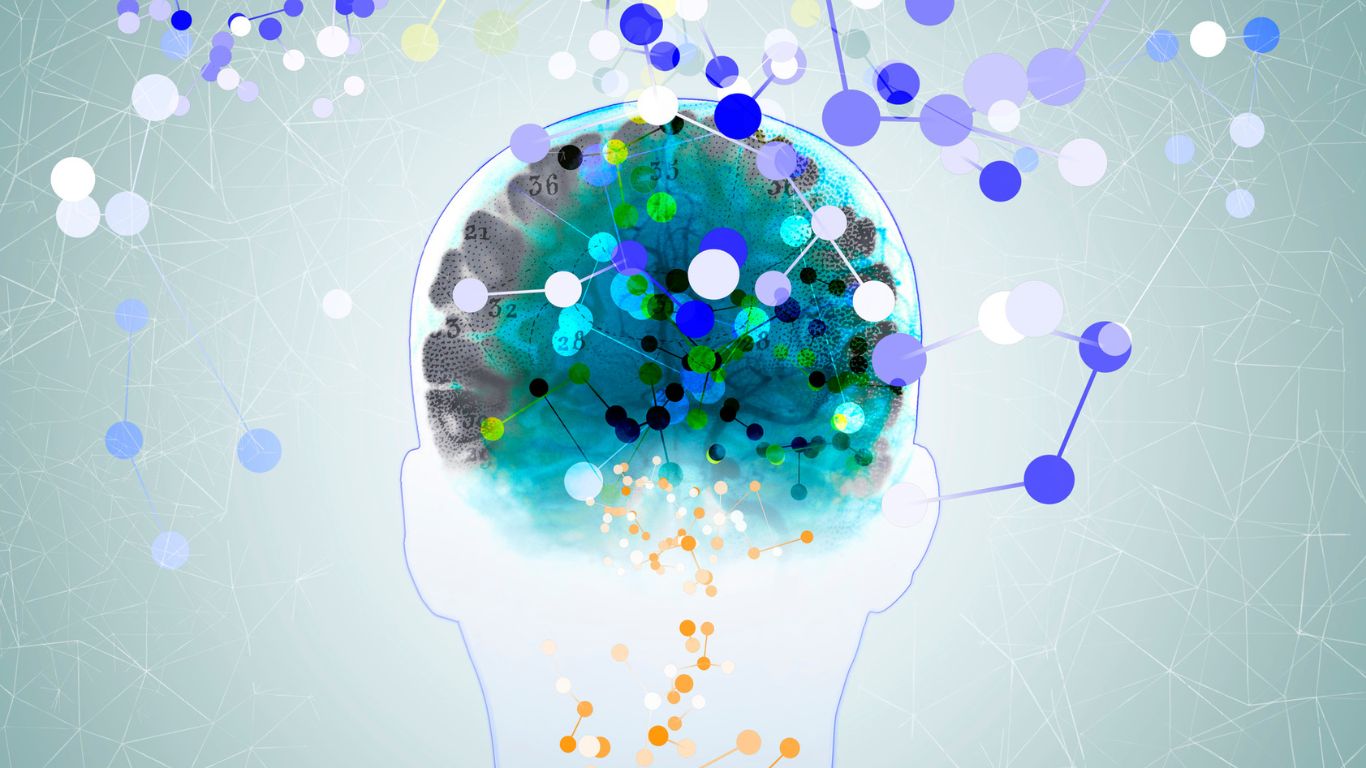The belief that the mind and the body lack connection is a predominantly Western view that dates back to the 17th Century. In the 1600s Mathematition and philosopher Rene Descartes famously theorised that the body functions like a machine but the mind does not follow the laws of nature.
“I consider the body of a man as being a sort of machine so built up and composed of nerves, muscles, veins, blood and skin, that though there were no mind at all, it would not cease to have the same motions as at present, exception being made of those movements which are due to the direction of the will and in consequence depend on the mind [as opposed to those which operate by the disposition of the organs.” (Meditations On philosophy. Meditation VI)
A shift to mind and body holism
For the next 300 years this dualistic view would flourish, arguably leading to huge advancements in medicine and surgery. However, in the late 20th century thinking turned to holism, with the concept that the entire being was greater than the sum of its parts.
As American physician social scientist Nicholas A. Christakis explains: “For the last few centuries, the Cartesian project in science has been to break matter down into ever smaller bits, in the pursuit of understanding. And this works, to some extent… but putting things back together in order to understand them is harder, and typically comes later in the development of a scientist or in the development of science.”[3]
In terms of mind-body holism, the 1970s saw rise to new thinking that the mind and body or psyche and soma were interrelated operating interdependently, with each affecting the other through a two-way process.
Academic pioneers such as George L Engel of Rochester University began to posturise that biological, social and psychological factors all play a role in the functioning of disease.
Since then an increased interest in the psychology and medical implications of this belief has produced hundreds of supportive studies that what goes on in the mind has a direct impact on the health of the body and vice versa.
It has provided insight into depression and the positive impact exercise can have, the health impacts of prolonged stress and the birth of the field of sports psychology.
Resources
- The mind-body problem
- René Descartes
- Christakis, Nicholas A (2011), Shorthand abstractions and the cognitive toolkit, Edge
- Biopsychosocial model





Leave a Reply